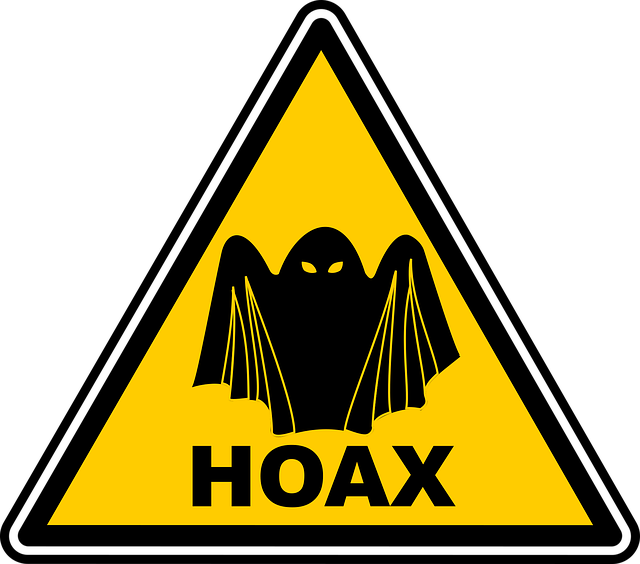Sprinter Blames Positive Covid Test On Nutritional Supplement She Didn’t Realize Contained Coronavirus

This alarming headline comes from this article in the the online parody news site The Onion. At first glance, the headline could appear genuine. And if you didn’t know The Onion was satirical, you may think it was a real story.
However, reading through the article should raise some red flags. There’s clearly an attempt at humour, in a story that wouldn’t be funny if it were true. The story also seems too suspect to be true.
Admittedly, some news headlines can be bizarre but genuine. But do a quick search for other mentions of this story and it becomes apparent that The Onion is the only site talking about it. Does this mean they’re reporting on an item other news sources won’t touch? After all, you should compare and critique different news sources to use in your academic work, as they all offer a different perspective.
Whilst readers who are familiar with The Onion will know it’s plainly satirical or exaggerated, for those who are unaware of the magazine’s satirical intent, there can be the possibility of quoting from an entirely fictitious source in your academic work!
Consider the following tips when trying to identify satire:
- Does the story appear too outlandish or comical to be real?
- Could it be parody or pastiche – exaggerating or falsifying details of existing news stories for humour?
- If you’re unsure of the source, do some checking – could it be a satirical news site? [Searching for the Onion on Google, will alert you to its Wikipedia page, which states ‘The Onion is an American satirical digital media company..’]
- Check if the story has been mentioned elsewhere. Has the same news item also been reported in a well-known, reputable source?
- Scrutinize the details of the story – are the places/names/events mentioned real? [If Justine Hayes really were an Olympic athlete, then there would be plenty about her career online. The fact there isn’t raises a red flag.]
If you’d like to learn some other ways to evaluate what you read online, have a flick through the other posts in our fake news series.
–Aaron Worsley, Academic Liaison Librarian

